Denver, CO lawn care service starting at $19
Easily book one of Denver's top lawn care services with a couple clicks.

How It Works
Book in less than 2 minutes: completely online or over the phone.
Enter Your Address→ See Your Exact Price
In seconds, entirely online.
How We Calculate Your Exact Price
We Know Every Property Is Different
Pools, driveways, garden beds, patios. We understand your property has unique features. We've spent years analyzing millions of properties, perfecting satellite and AI technology that identifies only the areas that actually need service.
This Isn't a Quote. This Is Your Exact Price.
Upfront, transparent pricing. Only 2% of our prices ever need adjustment, and even then, your first service stays at the quoted price.
Pick a Date That Fits
48-hour start time available for 9 out of 10 customers.
Relax, Our Pros Will Handle the Rest
Covered by our Done Right Guarantee. Tell us within 5 days, and we can re-mow or refund.

Total Flexibility, One Tap
No contracts. Cancel, Skip, or Reschedule with one-tap. Don't like their yellow shirt? Swap crews instantly.
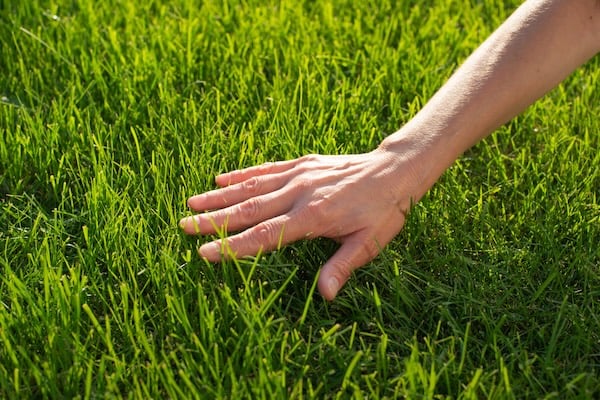
Inspect First, Pay Later
Card won't be charged for 3 full days after service. Time to ensure you're 100% satisfied with the work.
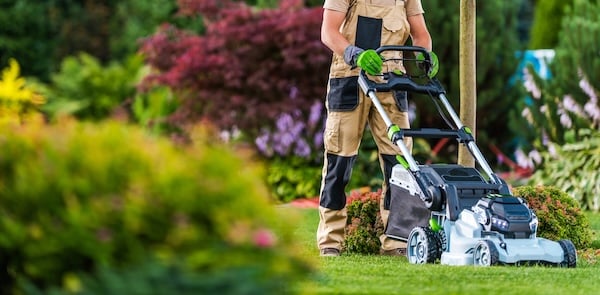
Only the Top 3% of Pros
Just 1 in 30 pros pass our vetting & background check.
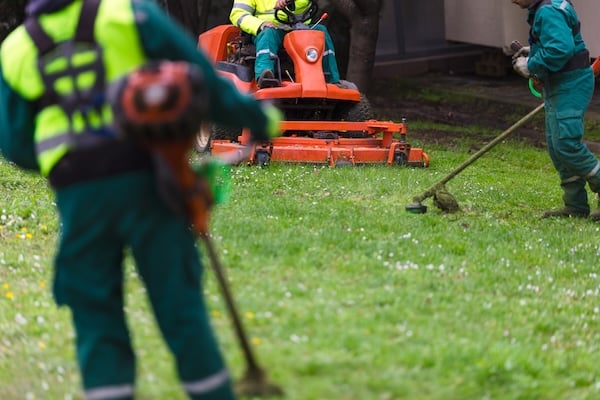
Your Complete Outdoor Team
Your regular pro for maintenance & cleanups. Licensed specialists for treatments. 25 services, 1 app.
Tell us within 5 days if anything’s off and we’ll re-mow or refund. 95% of our services satisfy the customer. For the other 5%, our guarantee kicks in. Every visit is backed by $2 million in property protection.
How LawnStarter works
Get started in under 5 minutes

View Pricing

Choose your service date

Let our pros do the work
How It Works
Book in less than 2 minutes: completely online or over the phone.
Enter Your Address→ See Your Exact Price
In seconds, entirely online.
How We Calculate Your Exact Price
We Know Every Property Is Different
Pools, driveways, garden beds, patios. We understand your property has unique features. We've spent years analyzing millions of properties, perfecting satellite and AI technology that identifies only the areas that actually need service.
This Isn't a Quote. This Is Your Exact Price.
Upfront, transparent pricing. Only 2% of our prices ever need adjustment, and even then, your first service stays at the quoted price.
Pick a Date That Fits
48-hour start time available for 9 out of 10 customers.
Relax, Our Pros Will Handle the Rest
Covered by our Done Right Guarantee. Tell us within 5 days, and we can re-mow or refund.

Total Flexibility, One Tap
No contracts. Cancel, Skip, or Reschedule with one-tap. Don't like their yellow shirt? Swap crews instantly.

Inspect First, Pay Later
Card won't be charged for 3 full days after service. Time to ensure you're 100% satisfied with the work.

Only the Top 3% of Pros
Just 1 in 30 pros pass our vetting & background check.

Your Complete Outdoor Team
Your regular pro for maintenance & cleanups. Licensed specialists for treatments. 25 services, 1 app.
Tell us within 5 days if anything’s off and we’ll re-mow or refund. 95% of our services satisfy the customer. For the other 5%, our guarantee kicks in. Every visit is backed by $2 million in property protection.
Why LawnStarter?
Happy customers all over Denver
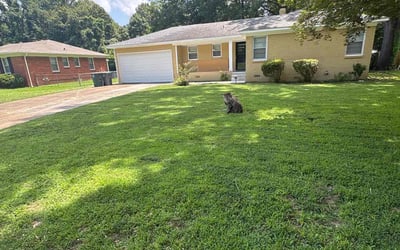
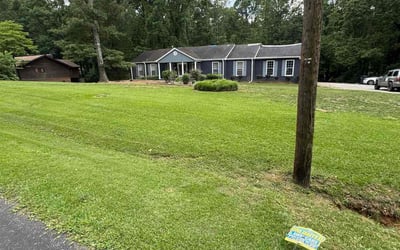
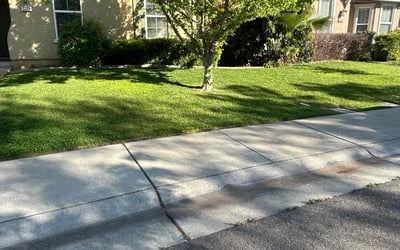
Denver, CO - Feb 23, 2026
Local Lawn Care Facts & Resources
Lawn tip of the week
Did you know? There are approximately 50 million acres of grass in the United States. Approximately 21 million of those acres are in our front and back yards.
Native Plants to Denver
Little bluestem
Wyoming Indian Paintbrush

Bluebell bellflower

Black Samson

Plains Zinnia

Apache Plume

Lawn Care Facts
| Average Yard Size | 7,367 sq ft |
| Average Mowing Price | $51.52 |
| Weekly Cuts | 92.0% |
| Biweekly Cuts | 4.0% |
| Monthly Cuts | 4.0% |
| Lawns Fertilized | 12.0% |
| Lawns with Leaf Removal | 17.0% |
| Aerated Lawns | 12.0% |
| Yards with Cleanups | 10.0% |
| Days That Are Sunny | 70% |
Take your lawn on the go.
An app for lawn care, seriously? You betcha! Stay up‑to‑date on your lawn wherever you go.
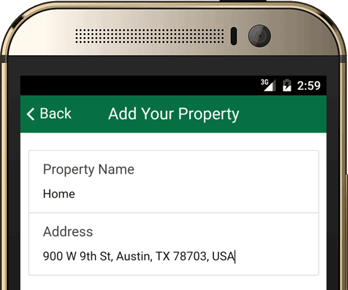
Easy, Affordable Lawn Care Services in Denver
Maintaining a beautiful lawn through Denver’s four seasons isn’t easy, but LawnStarter is an easy solution to keep your lawn beautiful and healthy. Our pros in the Mile High City will mow, trim, and edge your yard without you having to pay mile-high prices.
Our experts know how to take care of every type of grass, including the three best grass types for Denver: fine fescue, Kentucky bluegrass, and perennial ryegrass. And we cover everywhere in the Denver metro area, from LoDo to LoHi to RiNo.
How frequently a Denver lawn needs to be mowed depends on the type of grass. Buffalograss needs mowing every 10 to 20 days, whereas fescue grasses or Kentucky bluegrass need mowing every 3-4 days from April to September.
Does your lawn need to be fertilized? LawnStarter does that. LawnStarter also treats yards for common pests such as beetles, white grubs, billbugs, cranberry girdlers, and webworms. LawnStarter also treats lawn diseases such as leaf blight, dollar spot, necrotic ring spot, and winter mites.
If you're concerned about our ongoing drought and trying to save water, LawnStarter pros can help with xeriscaping. After all, the term xeriscaping was born here in Denver.
If you simply want a lawn that requires little care and upkeep, we can help with low-maintenance landscaping ideas for your Denver yard.
But LawnStarter is more than just lawn care. Need leaves removed from your yard, pool, or gutters? We’ll take care of that for you. Leaves piling up? Our crews will rake them, blow them, or bag them. LawnStarter takes care of yardwork chores so that you don’t have to, including tree pruning, bush pruning, mowing, and lawn aeration.
Whatever service you need to keep your lawn in Denver green, lush, and beautiful, LawnStarter does it. Just call for an instant quote.
Meet some of our top Denver lawn care pros



Recent Reviews
We encourage feedback from all customers to ensure we are delivering the best service possible.
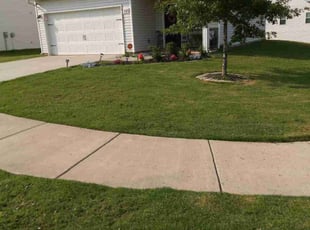
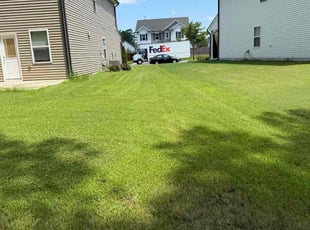
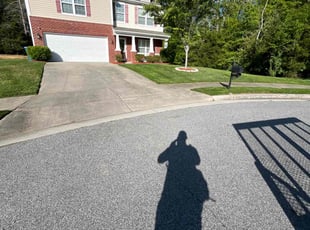
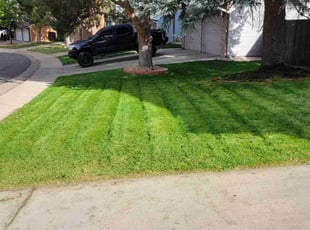
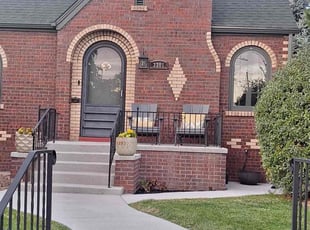
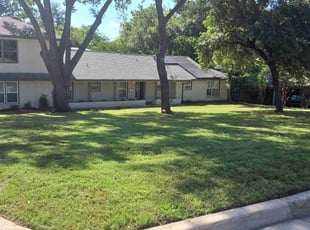
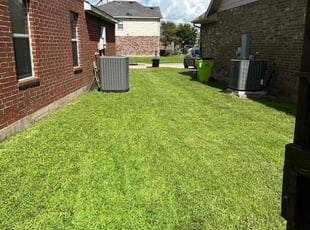
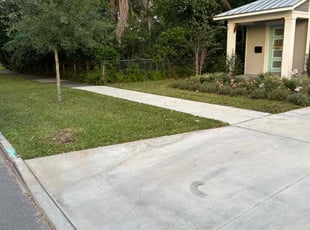
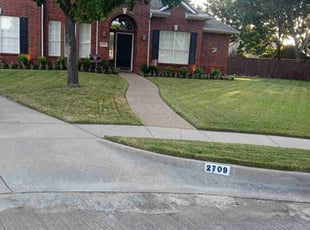
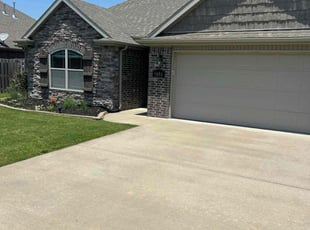
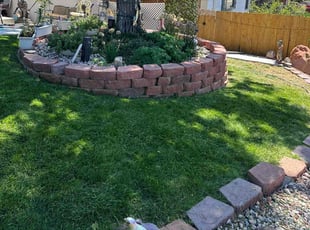
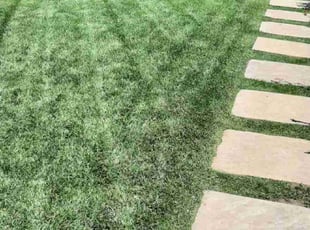
Service Recommendations in Denver
LawnStarter pros will let you know what your lawn needs. Here are some recent recommendations for lawn care services in Denver, CO.
Pro Recommendation for Yard Debris Removal
Pro Recommendation for Leaf Cleanup
Pro Recommendation for Yard Debris Removal
Pro Recommendation for Other Lawn Maintenance
Pro Recommendation for Leaf Cleanup
Pro Recommendation for Flower Bed Weeding
Top Denver, CO Lawn Services of February 2026












